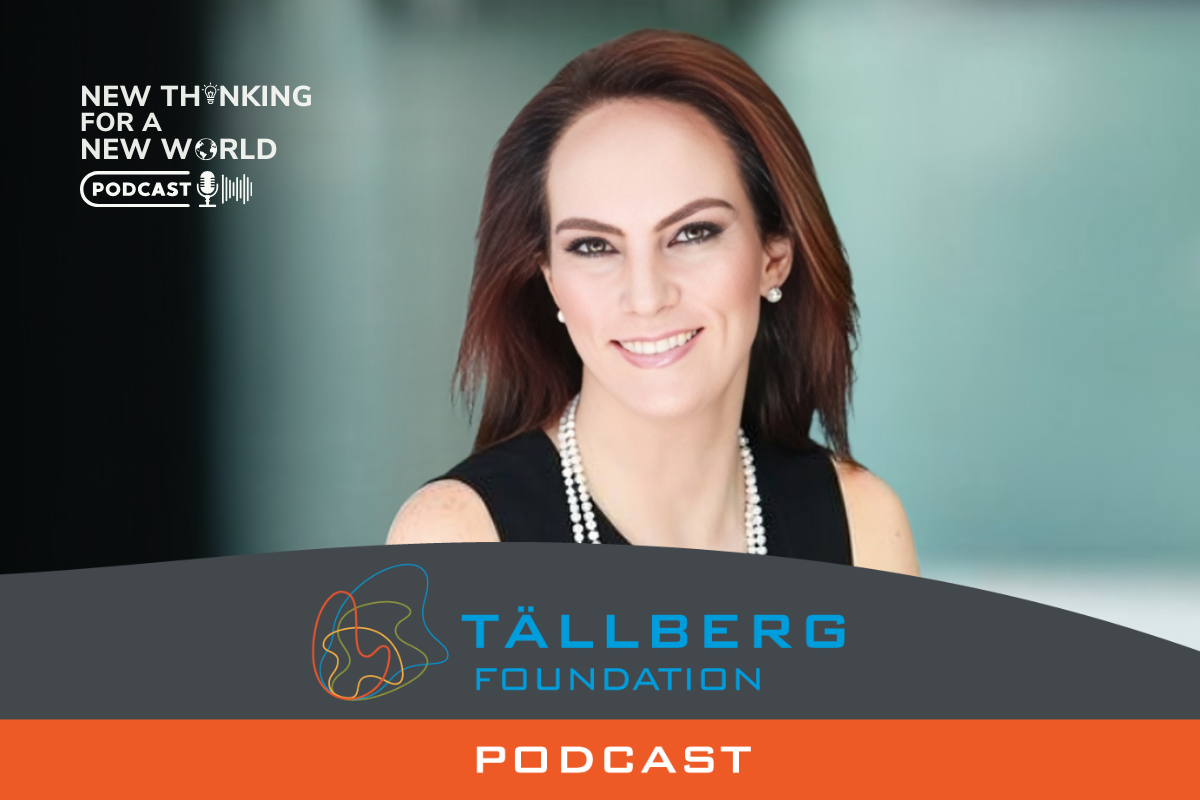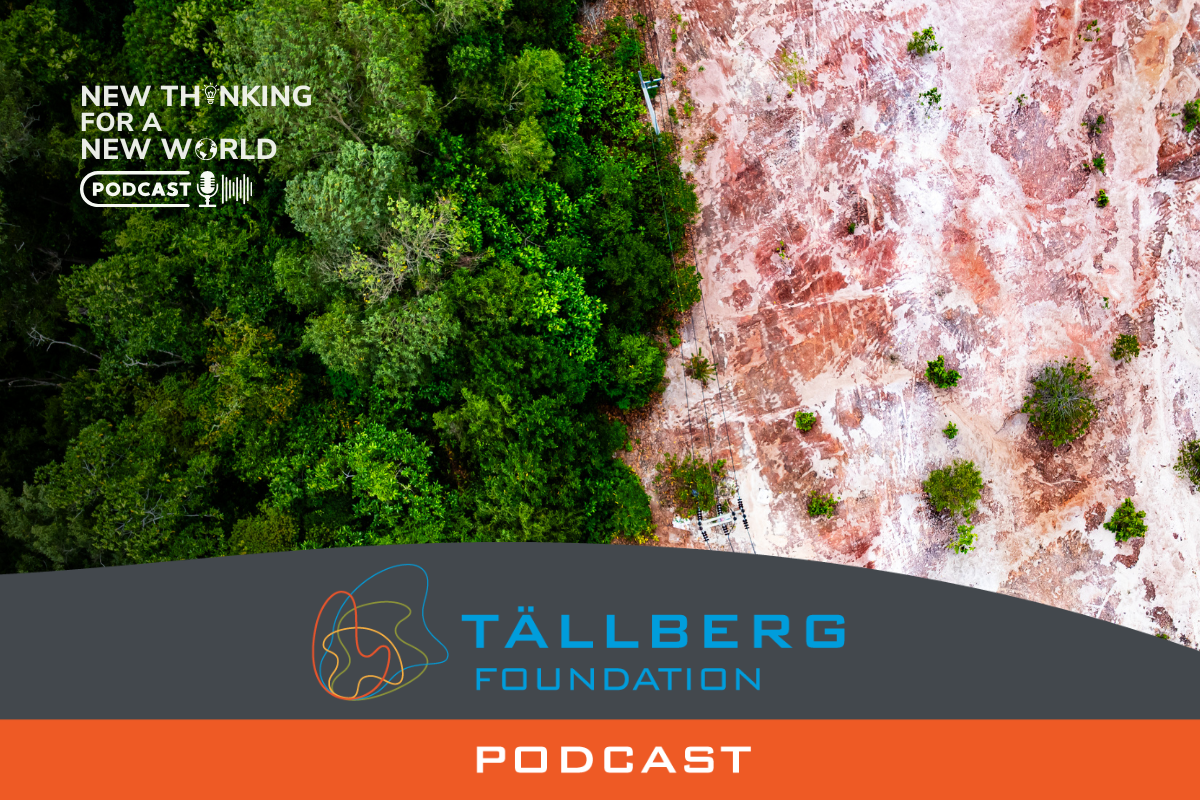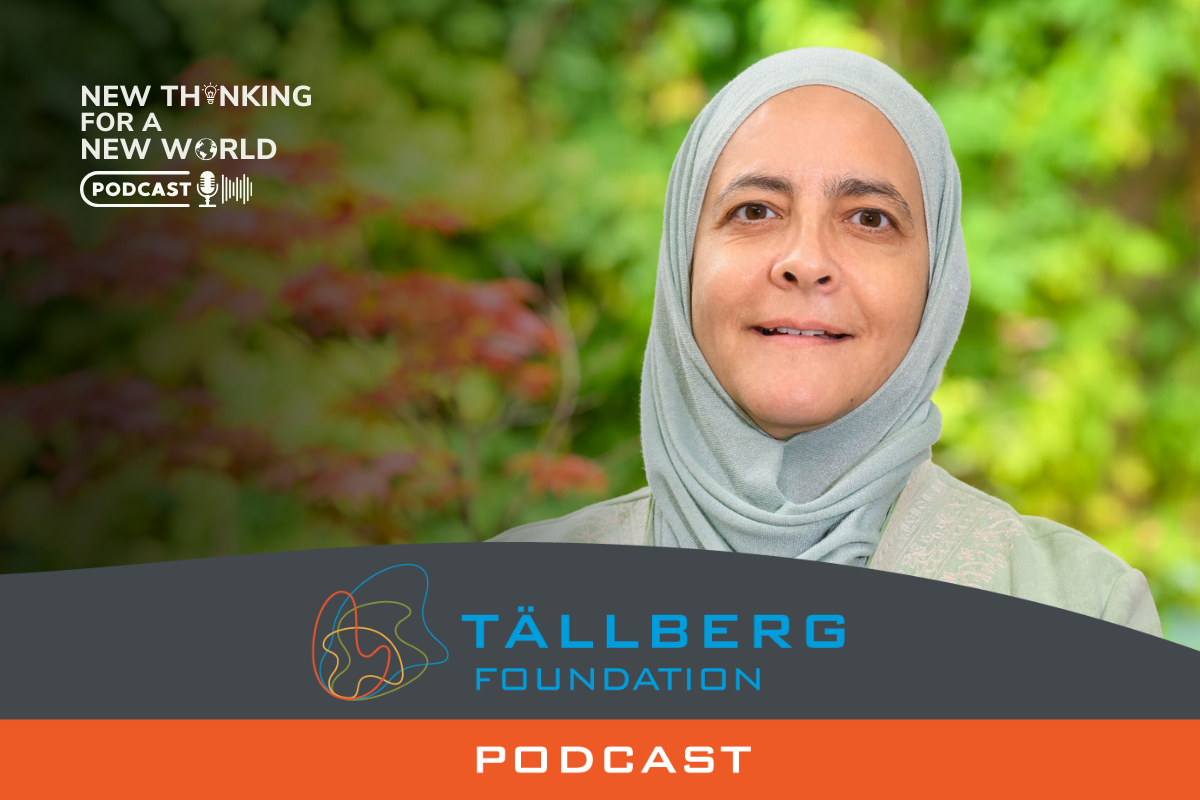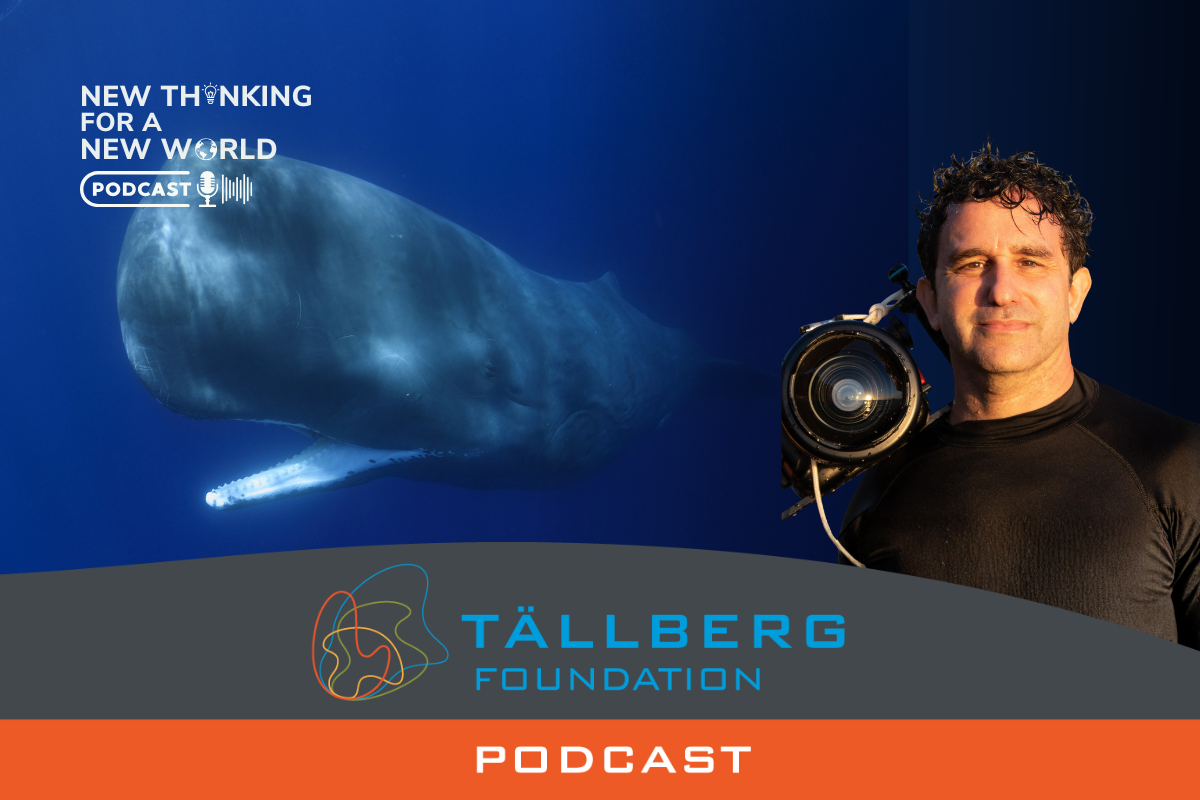Egypt’s Nabil Fahmy and Turkey’s Cengiz Çandar discuss what Erdogan wants as he is playing a high stakes game that some think could even lead to war between Turkey and Greece or Egypt.
 Cengiz Çandar is a “Distinguished Visiting Scholar” at the Stockholm University Institute of Turkish Studies and Senior Associate Fellow at UI (The Swedish Institute for International Affairs). Winner of Abdi Ipekçi Peace Prize in 1987 for contributing to Greek-Turkish relations. A public intellectual and a leading Turkish expert on the Middle East. Served as a Special Advisor to President Turgut Özal on foreign policy (1991-1993). Public Policy Scholar- Wilson Center (1999), Senior Fellow, US Institute of Peace (1999-2000) Adjunct Professor on the Modern History of the Middle East in different universities, Istanbul (1997-2010). Veteran journalist since 1976, Columnist, Al Monitor. Author of several books in Turkish and English. His bestseller (2012) (Mesopotamian Express – A Journey in History) is published originally in Turkish and also in Arabic and Kurdish languages. His latest book entitled Turkey’s Mission Impossible: War and Peace with the Kurds (with Eugene Rogan’s Foreword) published by Lexington Books in June 2020.
Cengiz Çandar is a “Distinguished Visiting Scholar” at the Stockholm University Institute of Turkish Studies and Senior Associate Fellow at UI (The Swedish Institute for International Affairs). Winner of Abdi Ipekçi Peace Prize in 1987 for contributing to Greek-Turkish relations. A public intellectual and a leading Turkish expert on the Middle East. Served as a Special Advisor to President Turgut Özal on foreign policy (1991-1993). Public Policy Scholar- Wilson Center (1999), Senior Fellow, US Institute of Peace (1999-2000) Adjunct Professor on the Modern History of the Middle East in different universities, Istanbul (1997-2010). Veteran journalist since 1976, Columnist, Al Monitor. Author of several books in Turkish and English. His bestseller (2012) (Mesopotamian Express – A Journey in History) is published originally in Turkish and also in Arabic and Kurdish languages. His latest book entitled Turkey’s Mission Impossible: War and Peace with the Kurds (with Eugene Rogan’s Foreword) published by Lexington Books in June 2020.
 Nabil Fahmy is a former Foreign Minister of Egypt (2013-14) and career diplomat who served as Ambassador to the United States (1999-2008) and to.Japan (1997-99). He is the Founding Dean of the School of Global Affairs and Public Policy at the American University of Cairo (2009) to which he returned after his time as Minister.
Nabil Fahmy is a former Foreign Minister of Egypt (2013-14) and career diplomat who served as Ambassador to the United States (1999-2008) and to.Japan (1997-99). He is the Founding Dean of the School of Global Affairs and Public Policy at the American University of Cairo (2009) to which he returned after his time as Minister.
As Minister, Mr. Fahmy formulated a strategy to reorient his country’s foreign policy, creating numerous options both regionally and globally, while also restructuring the Foreign Ministry in order to address the challenges of the future. During his distinguished diplomatic career Nabil Fahmy served in numerous government and international positions focused on international and regional security, disarmament and non-proliferation, and Arab-Israeli diplomacy. He was a member of the Egyptian Delegation to the 1991 Madrid Peace Conference, the Review Conferences of the Treaty on the Non-Proliferation of Nuclear Weapons, United Nations Advisory Board on Disarmament Matters, and other global bodies. Mr. Fahmy is the author of numerous publications on regional and global affairs, published in both Arabic and English.
One hundred years ago to the month, the collapsing Ottoman Empire was finally out of its misery in the Treaty of Sevre. However, in an echo of American author Mark Twain’s dictum that history never repeats, but sometimes rhymes, President Erdogan of Turkey today seems set on creating a new Ottoman power with reach from North Africa through the Eastern Mediterranean to the Levant and into the Caucuses as well as the Horn of Africa. He is playing a high stakes game that some think could even lead to war between Turkey and Greece or Egypt. Egypt’s Nabil Fahmy and Turkey’s Cengiz Çandar discuss what Erdogan wants in this episode of “New Thinking for a New World” with Alan Stoga.
Let us know what YOU think and leave a comment below.
Listen to the episode here or find us on a podcast platform of your choice, (Itunes, Spotify, Acast, Stitcher, Libsyn, etc).




Hello!
Frankly, I still haven’t understood President Erdogan’s militaristic and expansionist policies…
Maybe because of the lack of data or for reasons which remain to be clarified…
Anyway, I can only share with you the letters that I sent to the Turkish Government, through theTurkish Embassy, and to the Turkish people through a forum.
But since these letters are a bit long, I will send them by email.
Best Regards!
Abderrahmane AMROU
Tallberg Fondation
Theme:
“Sometimes History Rhymes”
“A Turkish Game of Thrones”
“You can’t play Russian roulette any longer in diplomacy. You don’t know what’s coming up next…” – Nabil Fahmy
“We are now living … not in a world order, but world disorder. We will see more chaos, more disorder, and more uncertainty…” – Cengiz Çandar
Hello!
After having read the speeches of the Honorable MM. Cengiz Çandar and Nabil Fahmy, I want to add a comment and some suggestions and ideas regarding the policy of the current Government of Turkey.
Before getting to the heart of the matter, I would like to clarify some things about Turkey, this beautiful Country that I have loved very much since I visited Istanbul for a medical stay and discovered a very sociable and friendly population.
Thus, I discovered a very beautiful Country which has a very rich culture, a great history and an invaluable potential in the field of tourism and historical remains.
In this sense, I noticed that Turkey is, by itself, a whole Continent and could have made an emerging country and pivot in the region just in the field of culture and tourism, not to mention the economy and other strategic sectors.
Unfortunately, I was very surprised by the trend taken by the policy of the Turkish Government which chose the militarist and expansionist strategy.
This disappointed me a lot, since I had very important projects of collaboration with Turkey in the field of culture, dialogue between civilizations and peace in the world (which I proposed to the Turkish Government by through its Embassy).
Today, I am very sad to see where Turkey has come to with this militarist and expansionist policy which has further isolated it externally and caused further divisions internally; And this, without counting the deterioration of the value of the Turkish lira.
I believe that Turkey would have gained a lot if it had contributed to the pacification of the Middle East and to the promotion of peace in the world, in particular through the following suggestions:
• Convert the Hagia Sophia Mosque into 2 museums, one for the Islamic religion and the other for the Christian religion, or two places of worship (museums) for both religions (Islamic and Christian).
• Negotiate with the Syrian Government for the creation of a new City or a Governorate for the 5 million Syrians who take refuge in Turkey.
• Settle all border disputes amicably with Greece and all of Turkey’s neighbors,
• Avoid hostilities and direct confrontations with the countries of Europe and NATO.
• Advocate neutrality in this confrontation between the political blocs of the West and Asia, in particular between the pole of the supporters of the Unipolar System and the pole of the supporters of the Multipolar System.
• Avoid any attempt to reclaim religious leadership on a regional or international scale, because this is counterproductive to Turkey’s strategic interests.
I believe that everyone already knows that wars are economically counterproductive and cause enormous financial losses, poverty and misery.
So when there is an economic issue in dispute, war should be avoided at all costs; because it risks causing losses much greater than the stake itself.
Abderrahmane AMROU